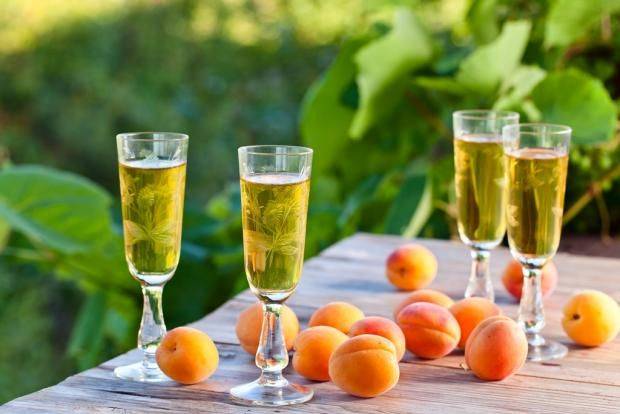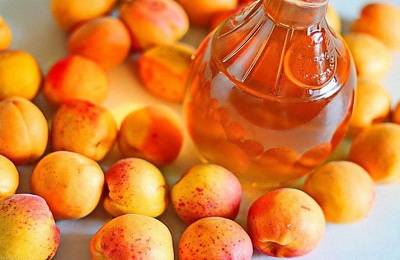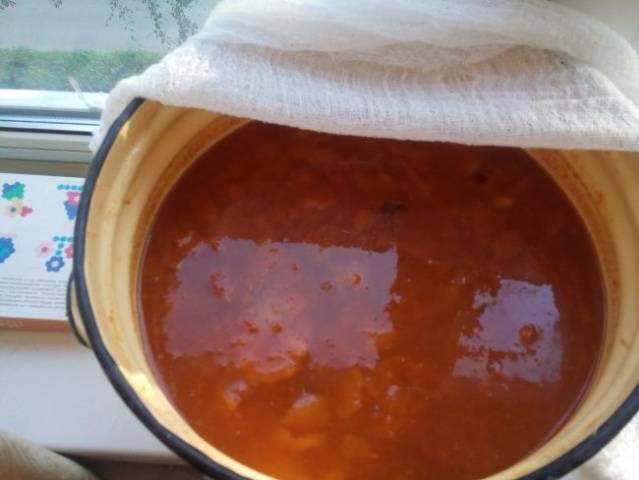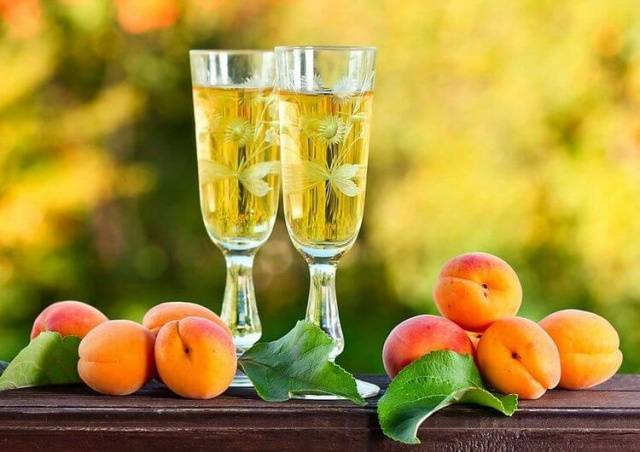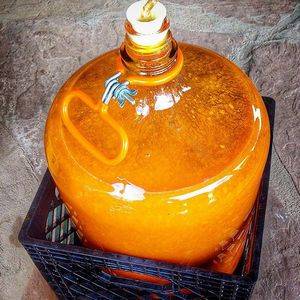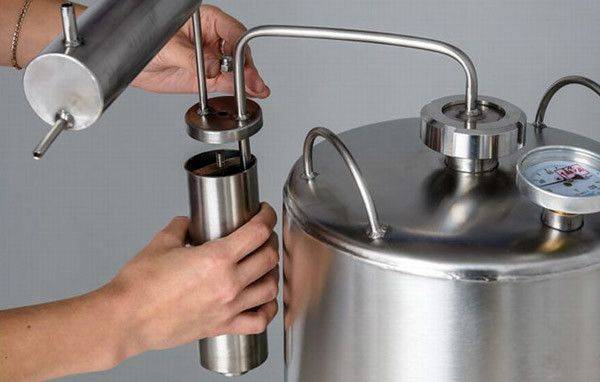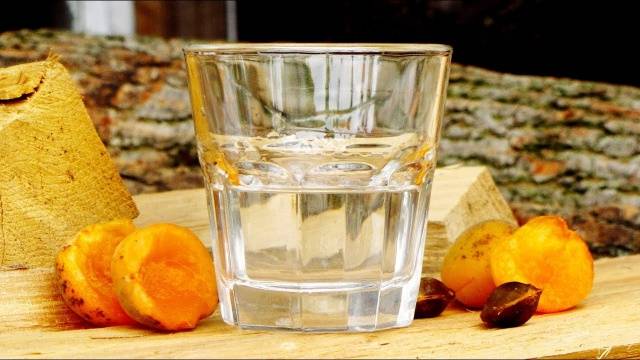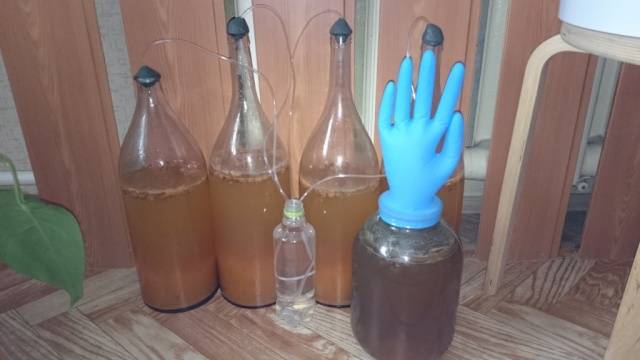Content
If you live in a climate warm enough for apricots to ripen, then you know that in a good year there is usually nowhere to go from the abundance of fruits. Such years do not always happen, so if the apricot season has already turned out, then it is necessary to use all the fruits so that nothing of them is lost. And if you have already dried enough dried apricots, prepared compotes, jam, jam and marshmallow, and there are still apricots left, then you can consider the option making chacha from apricots... In Georgia, this drink is so traditional that, perhaps, in every home you can find a supply of chacha for a year from a variety of fruits. And apricots make one of the most aromatic drinks. Especially if you follow the traditional method of making it.
The article will cover several recipes making chacha from apricots at home. Which one you choose will depend on your goals and specific conditions.
Selection and preparation of raw materials
What is interesting for making chacha you can use absolutely any variety of apricots and even the so-called wild. It is only necessary to take into account that if in cultivated varieties of apricots the sugar content can be up to 16-18%, then in the wild it is less - about 8-10%. Therefore, if you are going to use exclusively the traditional recipe for making chacha without added sugar, then it is best to use the sweetest varieties of apricots for it.
The fruit must meet two conditions:
- Be fully ripe;
- They must be free of rot and mold.
Otherwise, the quality of apricots can be anything - they can be small, ugly, overripe, dented, including those thrown to the ground by the wind.
There is no need to wash apricots before use. On them, in the form of a natural bloom, the so-called wild, natural yeast is present, which will play a major role in the fermentation process. However, if for speed you want to use additional artificial yeast, then the fruits can be washed - there will be no significant value in this.
Apricots must be freed from bonesotherwise unintended bitterness may appear in the finished drink.
Then the apricots are transferred to a separate container and kneaded with hands or a wooden crush. You can, of course, use a mixer or blender, but the quality of any fruit will not improve from contact with metal. This completes the preliminary stage of preparing apricots.
Tradition defines quality
According to the traditional recipe no sugar or yeast is added during the preparation of chacha from apricots.
All you need is the apricots themselves and water. The recipe is as follows: for 4 parts of mashed apricots, take 3-4 parts of water by weight. The result is a soft drink with a stunning aroma and sophisticated taste. But in order to avoid disappointment, you need to immediately realize that the amount of chacha obtained only from apricots will be very small, but the quality of the drink will exceed all your expectations - you can get real German schnapps.
But you will not have any additional costs for sugar and yeast, which also matters.
Put apricots mashed to mashed potatoes into a prepared fermentation container, fill them with water and place in a warm place.Traditionally, the container was covered with a towel and left to ferment in the sun, leaving it outside even overnight, if the nights are not cold (at least +18). But for confidence in the process, you can put it in a dark, warm place in the room.
After 12-18 hours, after the appearance of signs of fermentation (hissing, foam), a water seal is placed on the container with apricots or a rubber glove with a hole is put on. It serves as an indicator of both the beginning and the end of the fermentation process. On wild natural yeast, apricot mash can ferment from 25 to 40 days. A deflated glove will signal the end of the process. The mash itself should brighten, a sediment will fall on the bottom, and the taste will become slightly bitter without the slightest hint of sweetness.
These signs mean that the mash is ready for distillation. To do this, it is usually filtered through cheesecloth into a distillation cube.
For distillation, you can use an apparatus of any design, both ready-made and home-made. The main thing in this recipe is the fact that the moonshine is distilled very slowly. Therefore, the fire is kept to a minimum, the liquid must drip slowly.
As soon as the fortress falls below 30 degrees, the first distillation must be stopped. Now measure the strength of the liquid collected at this stage and determine the amount of absolute alcohol in percent. To do this, multiply the entire volume obtained by the strength and divide by 100. Then dilute the resulting distillate with water so that the total strength drops to 20%.
Distill the liquid a second time until the strength drops below 45 degrees. It is believed that real chacha should have a strength of about 50 degrees. If you want to get exactly this, then finish the distillation even earlier. Well, to get the usual 40-degree drink, it can be diluted with water to the desired strength.
Sugar and Yeast Recipes
If you can't bear the thought of how little chacha is obtained from so many apricots, or you have the option of using only wild apricot, then try the recipe with added sugar.
In this case, for 10 kg of transferred apricots, take 20 liters of water and 3 kg of sugar. From this amount of ingredients, you can get about 4.5 liters of apricot chacha. Although, of course, its taste and aroma will already be different, but if you do not have truly sweet apricots at hand, then there is no other choice.
Otherwise, your further actions in this case will be completely similar to the above procedure. And in a month and a half, you can get a fragrant apricot chacha.
If time matters to you, and you want to get a ready-made drink as soon as possible, then you will need to use ready-made yeast for making chacha: baking or wine - it does not really matter.
For this recipe, the ingredients will be approximately as follows:
- 10 kg of pitted apricots;
- 3 kg of sugar;
- 20 liters of water;
- 100 grams of fresh or 20 grams of dry yeast.
All components are mixed in a fermentation vessel, in which about 30% of the free space must be left for the release of foam and gases. Yeast is added last. For quick action, it is advisable to first dilute them in a small amount of warm water. Fermentation with the addition of yeast should be completed much faster - within 10 days from the start of the process. After that, the entire distillation process is repeated with the only difference that the speed of distillation no longer matters - you can even make a large fire, this can no longer affect the quality of the finished chacha.
Try to make chacha from apricots in several ways and decide for yourself whether it makes sense to pursue the quantity or quality is more important.
